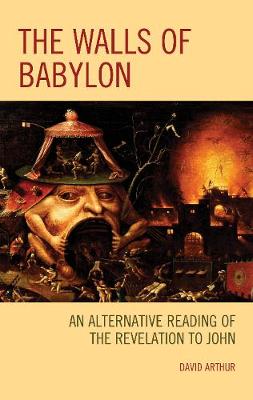Through a daringly revisionist reading of the Revelation to John, The Walls of Babylon overthrows conventional assumptions, liberal and conservative alike, regarding Gnosticism and apocalyptic eschatology, and dismantles and reconstructs a received narrative of early Christian history. Scholars have long assumed that Revelation arose in response to a perceived crisis prompted by conflict between the emerging church and the Roman Empire, or more broadly, between the competing claims of religious allegiance and political authority. David Arthur's careful analysis of the text shows, however, that the motivating circumstance was provided not by external oppression but by a fierce internal dispute between gnostic and proto-orthodox groups. In the ensuing controversy, John took up the cause of the persecuted outcasts. Following the precedent of the classical prophets, he speaks not on behalf of the dominant ecclesiastical hierarchy, but as a spokesperson for the downtrodden, defamed, and dispossessed. The message he has left us offers a fiery symbolic rebuke of proto-orthodox Christianity--and by extension, challenges and controverts normative religious paradigms at every level of belief and praxis.
- ISBN10 1978702507
- ISBN13 9781978702509
- Publish Date 22 August 2019
- Publish Status Active
- Publish Country US
- Imprint Fortress Academic
- Format eBook
- Pages 262
- Language English
